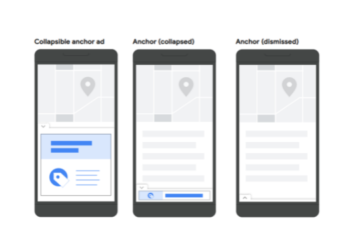Google Ads is set to end the use of Enhanced cost-per-click (eCPC) for Shopping campaigns starting this October. This means campaigns currently relying on eCPC will default to Manual CPC bidding, as revealed in an email notification from Google to advertisers.
This adjustment comes at a crucial time, right before the onset of Q4 and the subsequent holiday shopping rush. While Manual CPC bidding offers advertisers more granular control over their bids and budgets, it also demands heightened management and oversight.
Highlighting the evolution in its offerings, Google shed light on the inception of eCPC over a decade ago. The tech giant stressed that as their technological capabilities have advanced, more refined strategies have been developed. Modern alternatives like target ROAS, Maximize conversion value, and fully automated tools such as Performance Max are now poised to deliver equivalent or superior outcomes for advertisers.
For those employing eCPC, Google suggests a proactive approach. Advertisers can experiment with the one-click Target ROAS for their Standard Shopping campaigns, accessible via campaign settings. As another option, advertisers can explore the Performance Max campaigns, Google Ads’ latest fully automated solution. If no actions are taken by the deadline, campaigns will automatically transition to Manual CPC bidding.
The digital advertising landscape is constantly evolving, with platforms like Google leading the charge. As technology advances, so do the tools and strategies available to marketers. While this change requires advertisers to reassess and possibly adapt their strategies, it also presents an opportunity to leverage newer, potentially more efficient tools in the Google Ads arsenal.



















































